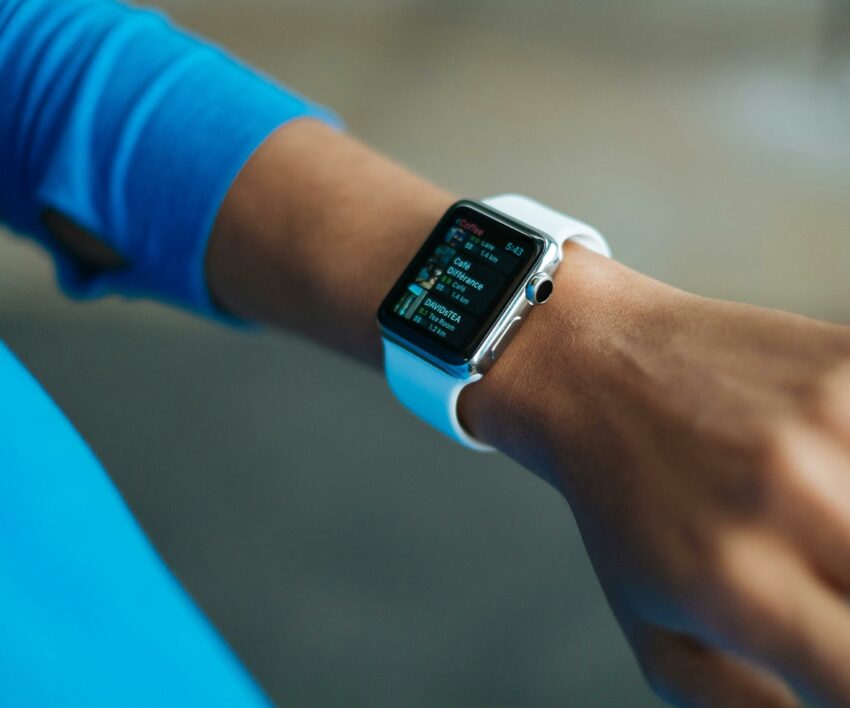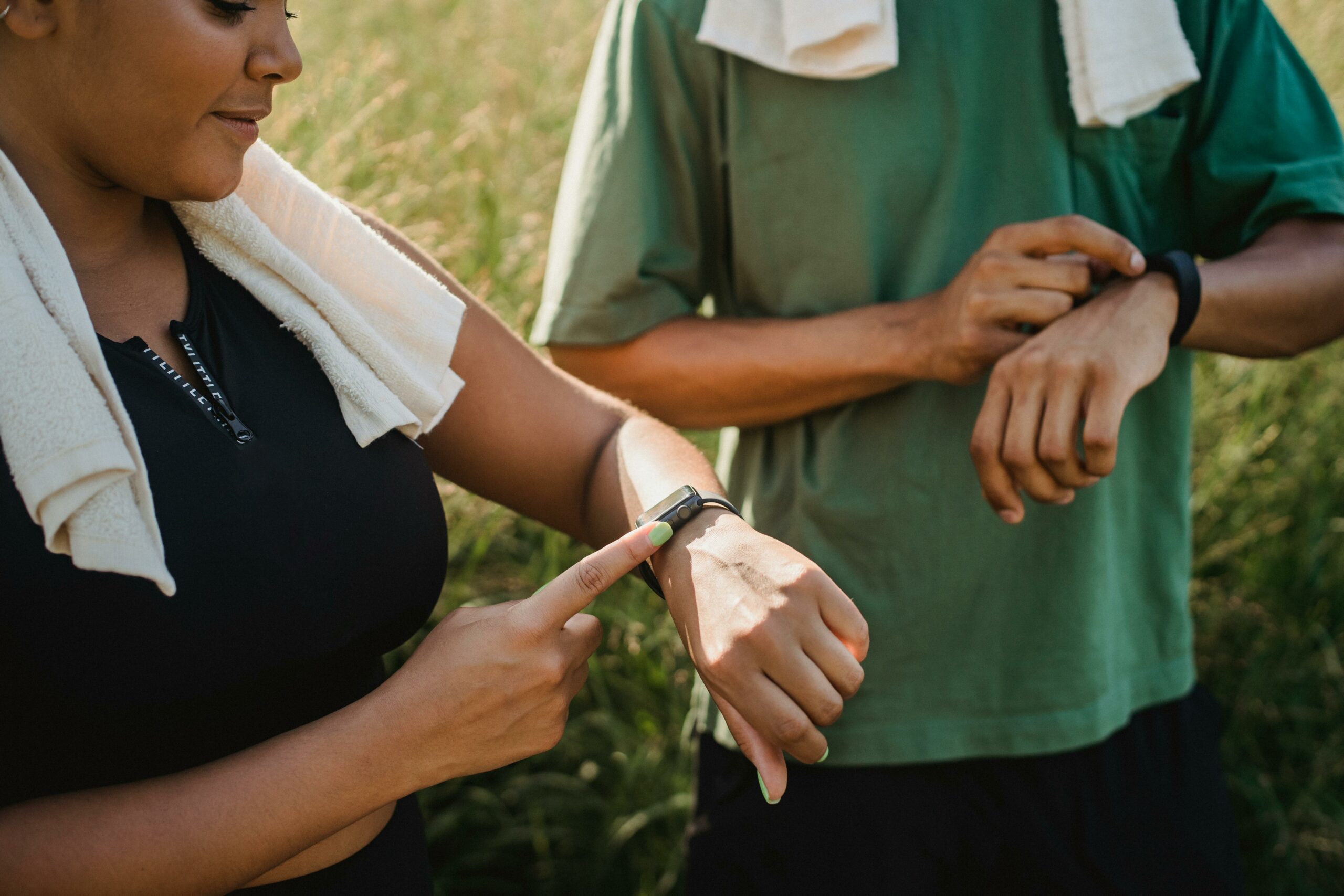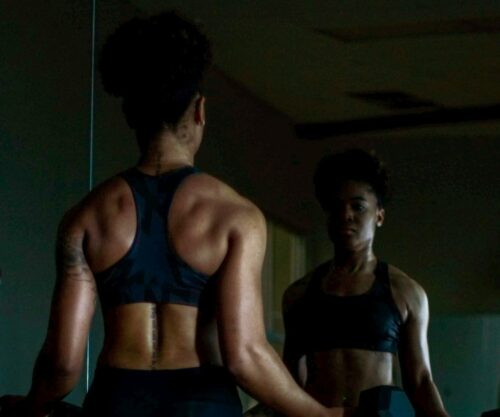
Gone are the days when the use of wrist watches was solely intended to keep track of time and complement one’s outfit.
In today’s fast-paced world, staying healthy has become more of a priority than ever, and fitness watches have revolutionised how we approach wellness.
These powerful tools are designed to improve your life one heartbeat at a time.
What are fitness watches?
According to the American digital publication PC Mag, a fitness watch is a wrist-worn device that can detect some combination of walking steps, running distance, heart rate, sleep patterns, swimming laps, and other health-related metrics.
“Fitness bands interact via Bluetooth with an app in a smartphone that configures the device and uploads the wearer’s activity data. Most smartwatches support some number of physical actions via a health app; however, dedicated trackers tend to monitor more functions,” the above-mentioned publication further explains.
Its primary purpose is, therefore, intended to help you gain a better understanding of your daily movements, which may contribute to helping you bolster your overall well-being to ensure longevity and a better quality of life.
This has proven to be especially useful to those involved in the fitness or athletic space.

Here are some of its benefits, as highlighted by the reputable health and wellness publication, Qural Health:
Motivation: Having a record of your previous achievements at the tap of a button could play an integral role in holding you accountable and motivating you to excel on your fitness journey.
Monitor your heart rate: “The information provided is helpful in determining whether you are reaching your target heart rate and how long you stay in this range. This is especially useful when performing interval or high-intensity training, which allows you to increase your intensity or slow down to reach your recovery heart rate,” explains Qural Health.
Sleep: Recovery is essential after every intense training session. Having a fitness watch has proven to be useful in measuring recovery and determining how many hours of sleep are needed to have you fully rested.
Also see:Effective ways of recovering from body pain caused by exercise




